Executive assistants play a critical role in supporting high-profile clients, from managing their schedules and tasks to acting as their trusted confidant. While their primary responsibilities often revolve around administrative and logistical support, executive assistants should also be well-versed in security practices to effectively contribute to the safety of their clients. This can be particularly crucial for those working with high-profile individuals who may face unique security challenges and threats.
In this blog article, we will discuss the importance of security training for executive assistants of high-profile clients. We will explore the key areas in which training can enhance an executive assistant’s skill set, such as situational awareness, threat recognition, and crisis management. By understanding the value of security training, executive assistants can ensure they are well equipped to support their clients in various security-related situations effectively.
Security training for executive assistants not only broadens their knowledge of industry best practices but also empowers them to take charge and make informed decisions to mitigate risks. With proper training, executive assistants can become a valuable asset in managing complex security situations and coordinating with security professionals to ensure their clients’ safety.

Situational Awareness: A Crucial Skill for Executive Assistants
A key aspect of security training for executive assistants revolves around developing situational awareness. This skill enables executive assistants to be more alert to their surroundings and recognize potential security threats or suspicious behaviour. By being constantly aware of their environment, executive assistants can anticipate and promptly report any concerning activities to security professionals, significantly enhancing the overall safety of their high-profile clients.
Situational awareness also helps executive assistants plan suitable escape routes, locate potential safe rooms, and identify the quickest paths to exits in various scenarios. These skills are invaluable as they aid in supporting clients during emergency situations and ensuring the safety of both the client and the assistant.

Threat Recognition: Identifying Potential Dangers
Effective security training provides executive assistants with the knowledge to identify potential threats and risks to their clients. By understanding various threat indicators, executive assistants can recognize potential dangers and take appropriate actions to mitigate risks.
Training in threat recognition includes learning about different types of threats, such as cyber-attacks, stalkers, or kidnapping attempts. It also involves understanding the common behavioural patterns and warning signs associated with these threats. Armed with this knowledge, executive assistants can act swiftly to address potential risks, notify security professionals, and protect their clients.
Crisis Management: Responding Effectively to Emergencies
In the event of a crisis, executive assistants must remain calm and collected, effectively managing and responding to evolving situations. Security training in crisis management techniques enables executive assistants to make sound decisions under pressure, coordinate with security personnel, and facilitate their clients’ safety.
Such training includes developing effective communication skills, understanding the importance of decision-making hierarchies, and following established emergency protocols. By mastering these skills, executive assistants can provide reliable support during emergencies and adapt to the dynamic nature of crisis situations, ensuring optimal outcomes for their high-profile clients.
Coordination with Security Professionals: Building a Collaborative Relationship
A vital aspect of security training involves teaching executive assistants how to coordinate effectively with security professionals. This collaboration is crucial to maintaining the safety of high-profile clients, as executive assistants act as a vital link between clients and their security teams.
Collaborative efforts can include sharing information, scheduling regular meetings, and developing a comprehensive understanding of security protocols and plans. By fostering a strong working relationship with security professionals, executive assistants can enhance their clients’ overall security and contribute valuable insights into potential risks and vulnerabilities based on their close relationship with the client.
Equip Your Executive Assistants with the Skills to Protect and Support
Investing in security training for executive assistants of high-profile clients is essential to ensure they possess the necessary skills and knowledge to effectively protect and support their clients in various security-related situations. By equipping executive assistants with skills in situational awareness, threat recognition, crisis management, and coordination with security professionals, you not only enhance the safety of your clients but also empower executive assistants to become valuable allies in maintaining security.
At Ultimate Security Services, we understand the importance of comprehensive security training tailored to the unique needs of high-profile clients and their executive assistants. By collaborating with our experienced team of security professionals, you can ensure your executive assistant has access to the training and support needed to excel in their role and contribute to your safety and well-being.
Make security a top priority and invest in tailored training solutions for your executive assistant. Contact our Toronto security company today to learn more about our customized security courses and workshops, designed to provide executive assistants with the tools essential for success in supporting high-profile clients.



